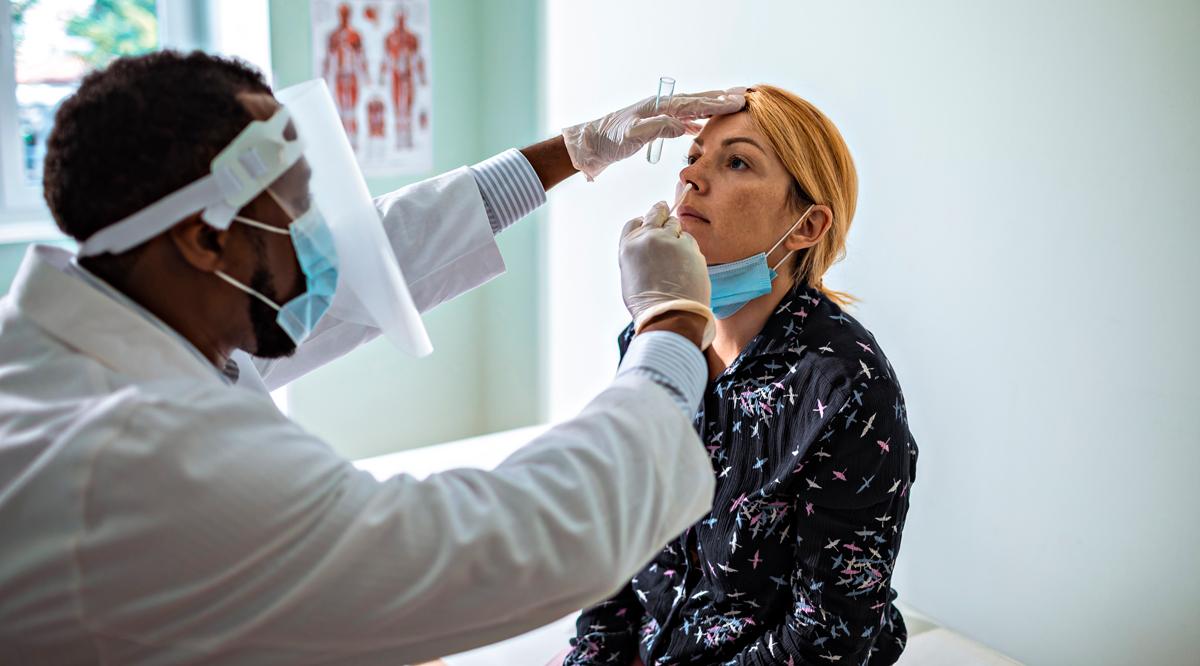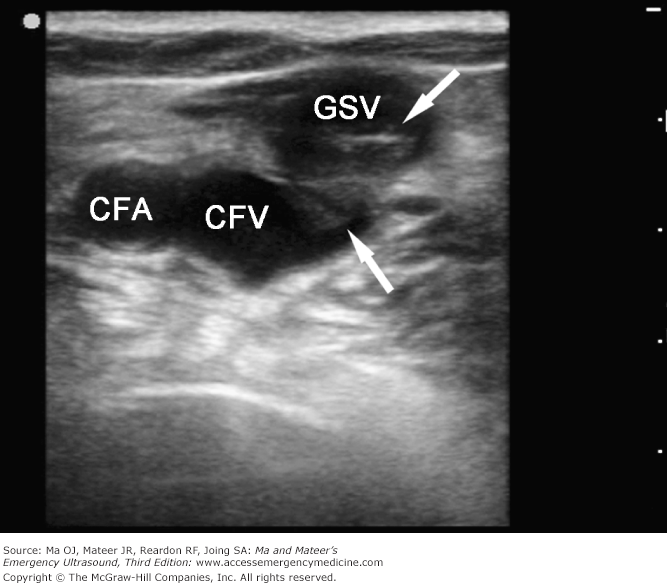[ad_1]
In the recent article FDA Authorizes Non-Prescription COVID Tests, AAPC reported that the U.S. Food and Drug Administration (FDA) has granted emergency use authorization for at-home, over-the-counter (OTC) COVID-19 tests. On March 5, 2021, Cue Health received emergency use authorization (EUA) from the FDA for their Cue COVID-19 Test for Home and Over The Counter Use, the first molecular diagnostic test available without a prescription. EUAs for two other at-home nasal swab tests quickly followed three weeks later.
Payers’ Opinions
Payers are starting to weigh in on reimbursement for at-home tests. Excellus Blue Cross Blue Shield (BCBS) continues to cover only COVID-19 tests that are medically necessary and ordered by a provider. Workplace or occupational screening tests and testing required by a school are not covered if not documented as medically necessary by a provider.
The latest revision of the BCBS COVID-19 Administrative Policy AP-26 : COVID-19 Viral and Antibody Testing & Supplies states:
In vitro testing to detect SARS-CoV-2 (i.e., antibody testing) or to diagnose the virus that causes COVID- 19 (i.e., viral testing) is NOT covered when:
- Testing is ordered or requested by any individual other than an attending provider, or performed without an order. Examples include tests requested under a non-patient specific order (whether for surveillance, public health, epidemiologic, or other purposes), tests requested by a registered nurse, dentist, chiropractor, or podiatrist, or tests performed using home test kits without an accompanying order from an attending provider; or
- Testing is not ordered or requested by an attending provider for the purpose of diagnosing and treating the individual member, but is ordered or performed for the sole purpose of pandemic control. Tests ordered or performed for the purpose of pandemic control include testing on an asymptomatic individual solely to assess health status as required by, without limitation, an employer, school, camp, common carrier, government/public health agency, or research/epidemiologic study
UnitedHealthcare has a similar stance. Under their policy, medically appropriate testing must be ordered by a physician or healthcare professional for the purpose of diagnosis or treatment, and tests must be FDA-authorized to be covered without cost-sharing. UnitedHealthcare benefit plans generally do not cover testing for employment, education, travel, public health or surveillance purposes, unless required by law.
Cigna covers only FDA-approved COVID-19 testing, as well, and states that only a healthcare provider or hospital can administer the test and send the sample to an approved lab for results. However, Cigna also states that it will cover tests where the specimen is collected at home, but only when the patient obtains an approved test kit through a licensed provider.
The Take-away
Though at-home OTC tests are now available for anyone to buy off the shelf without a prescription, for now, they seem to be strictly for use by those who want to test their health without seeing a provider and must be paid for out of pocket.
Guidance from The Centers for Disease Control and Prevention (CDC) encourages those who utilize an OTC, at-home test to always:
- Communicate your results to your healthcare provider, who is responsible for reporting your test results to the state health department. If the at-home test has an app that allows you to report your results to the state health department, inform your healthcare provider whether you used that app for results reporting.
- False negatives are possible, as is testing negative if the sample was collected too early in your infection. In this case, you could test positive later during your illness. Discuss your symptoms and test results with your healthcare provider to determine if you need follow-up testing.
- If you test positive, tell your healthcare provider and stay in contact with them during your illness. To avoid spreading the virus to others, follow CDC recommendations.
[ad_2]










